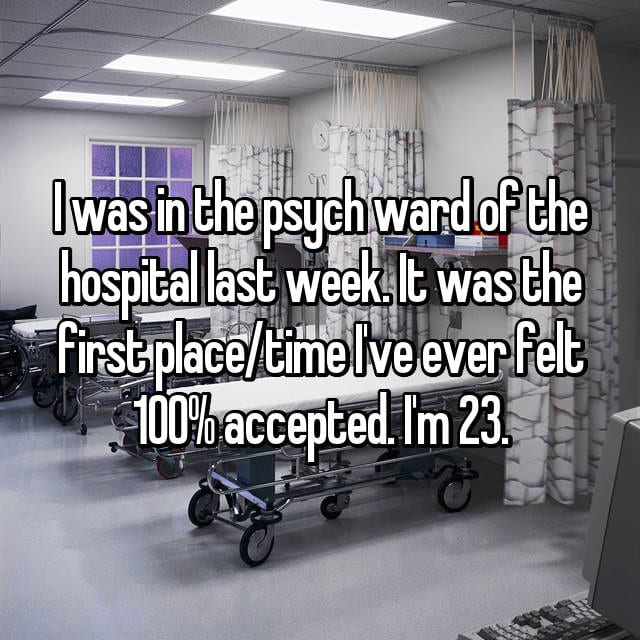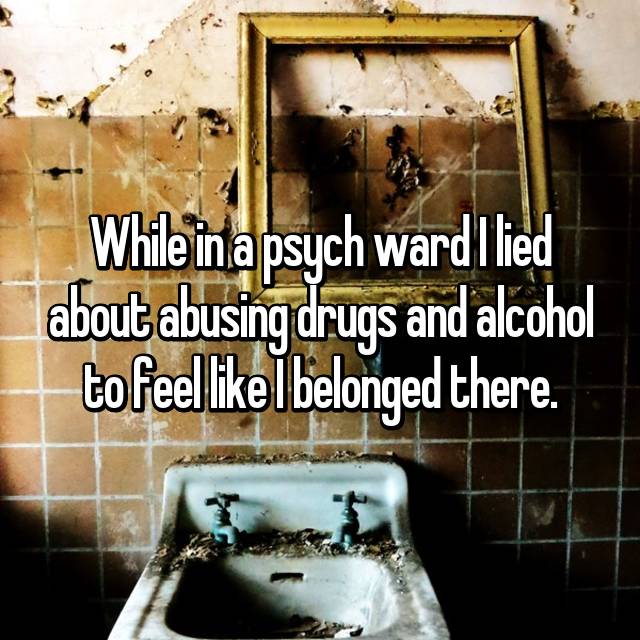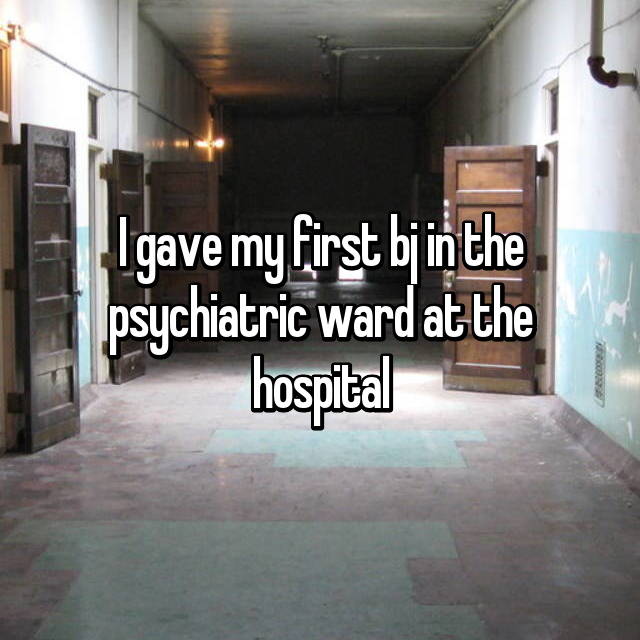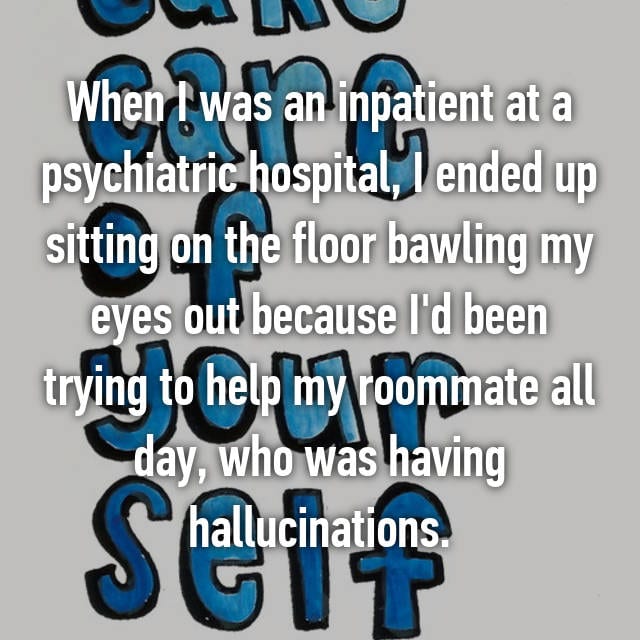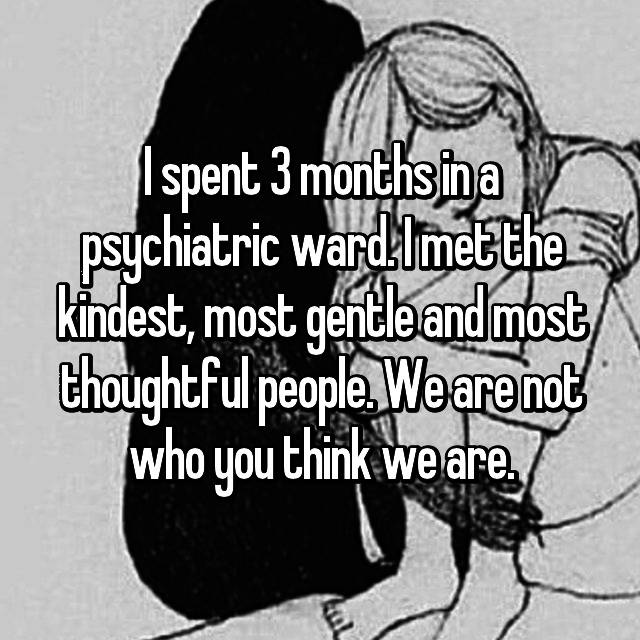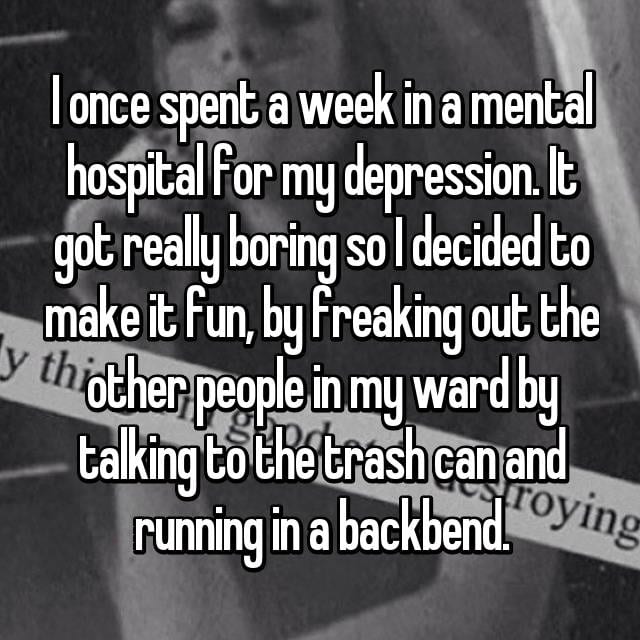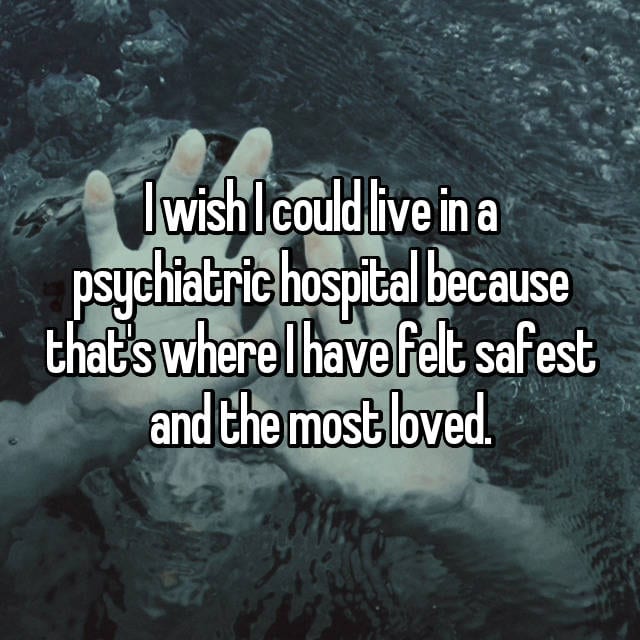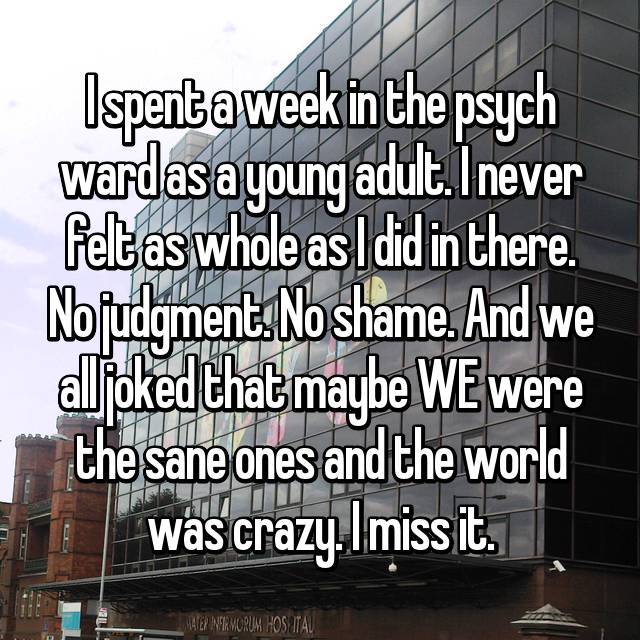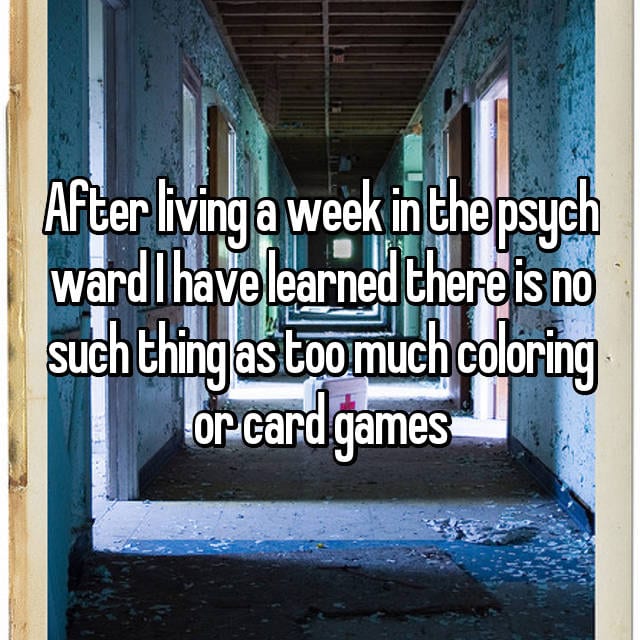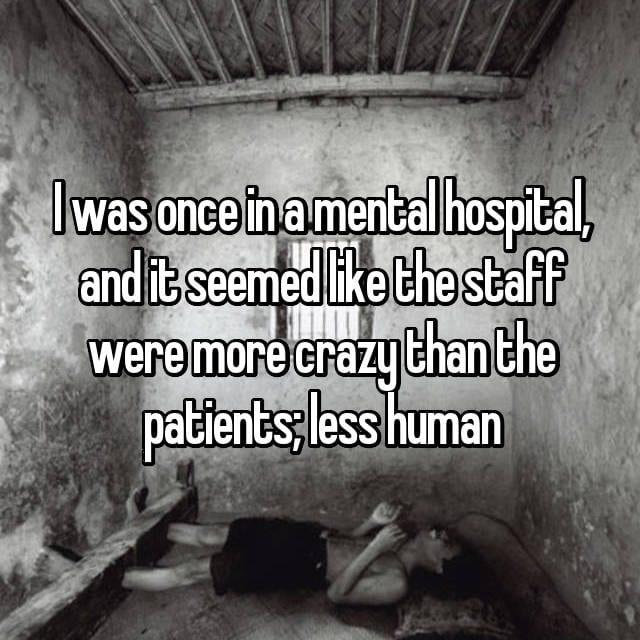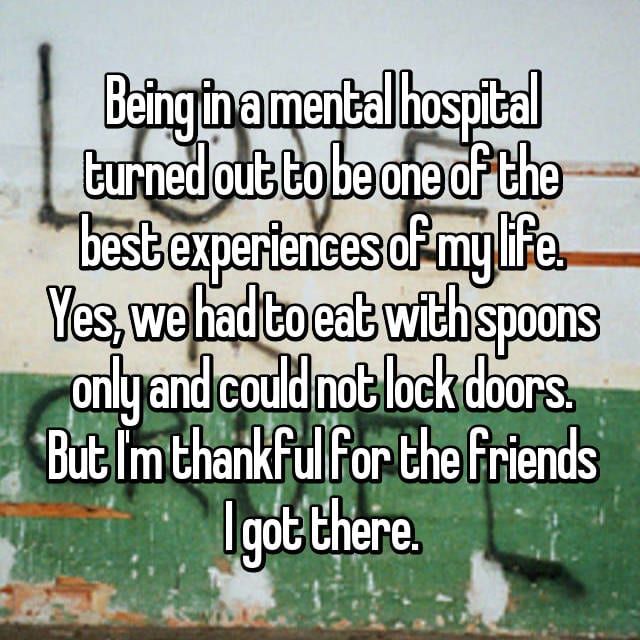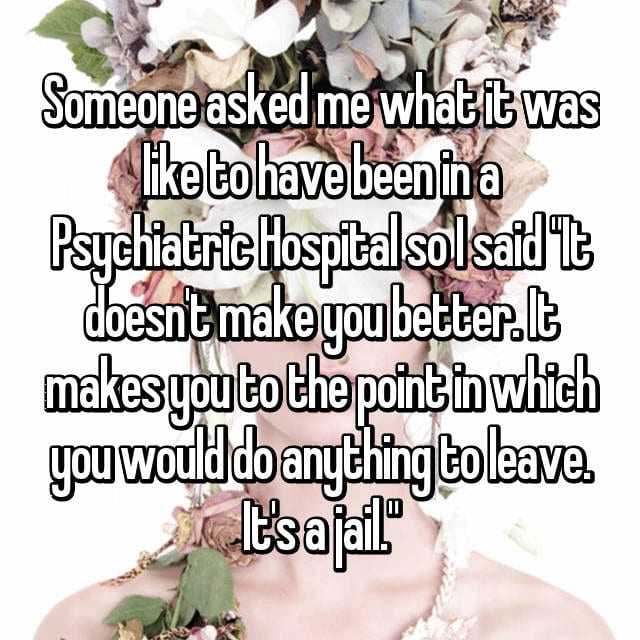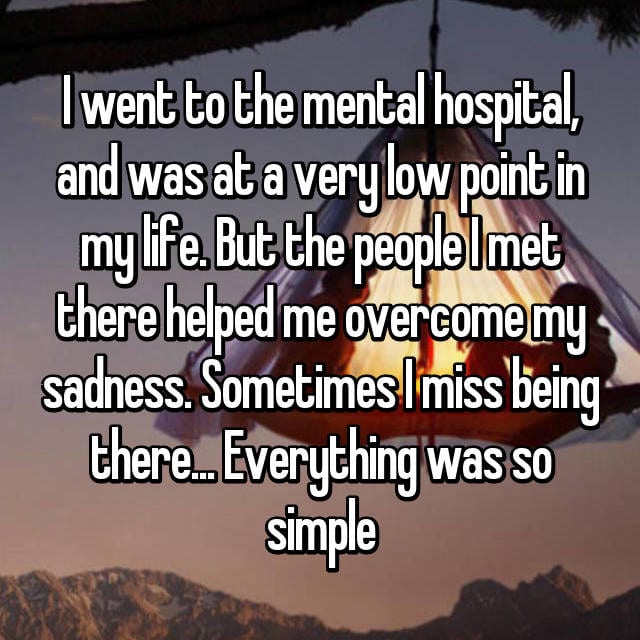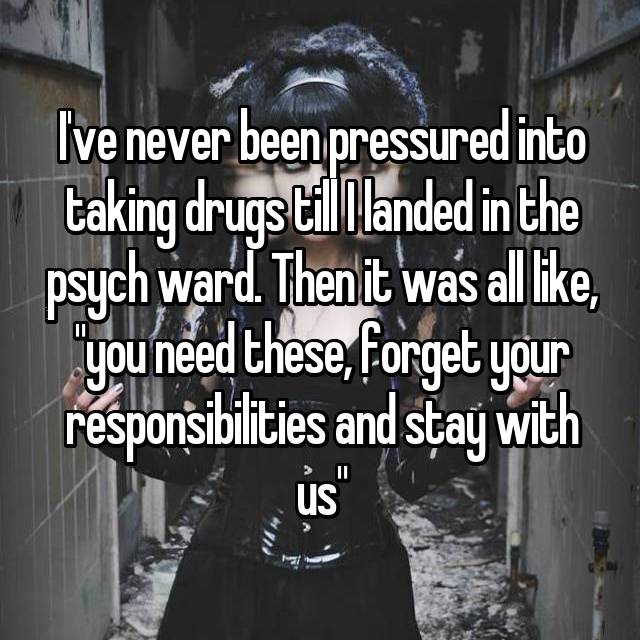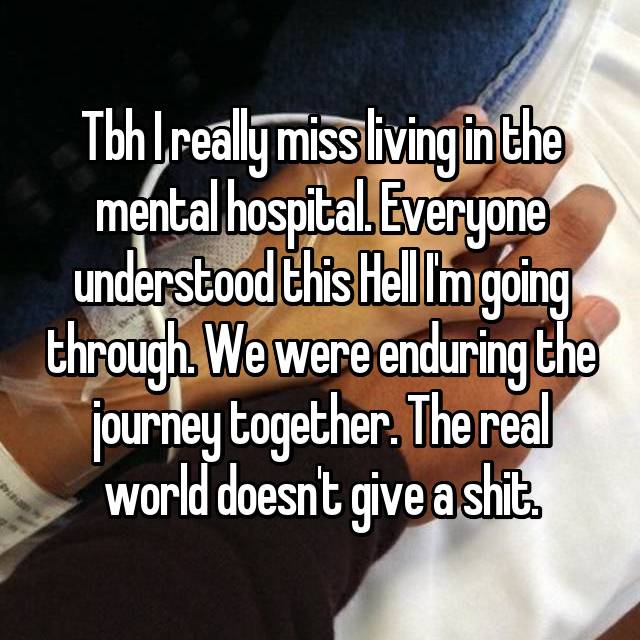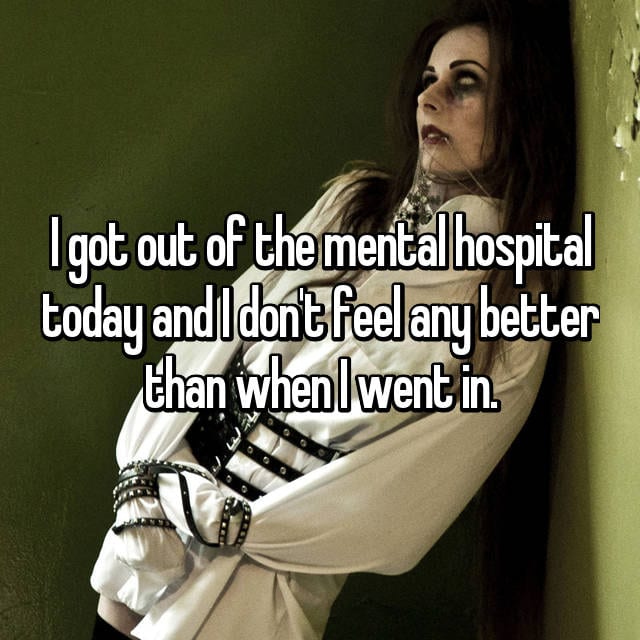Society as a whole is more open and accepting than it used to be when it comes to treating mental illnesses the same way we treat physical ones.
Part of this movement depends on the people who struggle with these types of issues being willing to put their personal business out into the world, risking judgment and negative feedback.
anxiety feels like
• increased heart rate
• worrying about the future
• feeling disconnected from the world
• loss of appetite
• insomnia
• shortness of breath
• feeling like you might dieQuote this tweet with #AnxietyFeelsLike and what anxiety feels like to you
— Mental Health Notes

(@depressionnote) December 5, 2019
If we really want to understand what it’s like, and how anxiety can look and feel different depending on who is living with it, we need to listen without comment, though.
So, here are some tweets that offer you the chance to do just that.
14. Those little message notifications can wreck havoc.
I have very little problem talking to people randomly on here and sorting DMs but randomly message me on Facebook and my anxiety skyrockets
Couldnt tell you why. Also couldn't tell you why confrontation there bothers me and here doesnt#Anxiety #AnxietyFeelsLike #EndTheStigma
—
Jazzy Bells
(@JazdzewskiTara) December 13, 2019
13. So many ways to feel embarrassed.
#Anxietyfeelslike
Not being able to take a selfie in public. Having to put your change in your purse and take your stuff at the same time, when the cashier has already said Next. Shortness of breath. Overthinking your embarrassing moment. Not being able to walk past a crowd.— Juliet Rose (@Marley_pee) December 5, 2019
12. And worrying that people aren’t going to understand.
#anxeityfeelslike wanting to socialize but being unable to.
Not being able to move or speak.
Too many thoughts and not enough at the same time.#mentalhealth
— Faline (@CallmeFaline) December 6, 2019
11. This person is poetic.
#AnxietyFeelsLike panicking about something that you're not even sure is happening. It feels like being tied to boulder that's at home while the sun shines outside. pic.twitter.com/YVT64IthcT
— AnotherLiberalArtist (@AnotherLiberal2) December 14, 2019
10. It’s not a fun to live.
#AnxietyFeelsLike Constantly waiting for “the other shoe to drop”
— Donna Marie (@donnam44) December 6, 2019
9. Complete with emojis.
#AnxietyFeelsLike
A lot of stress
Always living in the past and future
Always awake till 2/3 am
Distancing myself from friends and wishing to have a strong friendship
Every little thing is annoying
Afraid to ask even for help
Memories disappearing slowly— RT pinned!
(@ppeachiigloss) December 6, 2019
8. Not being able to go and do what you’d like.
Afraid to tell anyone you need help. Not being able to go to a place you have been a 1000 times before. Missing out on things that you love to do. Feeling sick, nervous arms, hot flashes. Being unable to travel long distances without panicking. Constant worry. #AnxietyFeelsLike
— John Maczko (@JohnnyRadio) December 6, 2019
7. There are a lot of people outside.
An intense fear and dread of being outside and around people
—
Oliver
(@OliverDMcCall) December 5, 2019
6. Physical manifestations are common.
my chest tends to tighten up and it feels like i can barely breathe. my heart rate goes up like crazy and my whole body gets shaky. it feels like everything around you is closing in. it’s awful
— pam is seeing ateez !! (@uwuyeosang) December 6, 2019
5. And then freaking out when you run out of tomorrows.
#AnxietyFeelsLike Procrastinating every single chore/task until the very last second….always saying "I'll do it tomorrow"
— Lawrence Trombetta (@ChubsPeterson75) December 16, 2019
4. Chronic fatigue is no joke.
#AnxietyFeelsLike •You’re going crazy •Loneliness, even when you have a group of supportive people that love you •Second guessing, even triple guessing, just overthinking everything •Feelings of worth/hopelessnes •Terrible feeling of something bad happening •Always tired. pic.twitter.com/yELSYEq0nB
— Frizzle
(@Frizniz12) December 16, 2019
3. Not much worse than second guessing.
#AnxietyFeelsLike
-fearing/hating change
-Second guessing everything you do, no matter how miniscule
-Not wanting to come out of your room
-Fearing interactions even so much as just texting someone
-Feeling triggered by the smallest details— Shani Brandon (@ShaniBeeGirl) December 6, 2019
2. Worry can be so exhausting.
* complete inability to focus on work
* worrying about things that may or may not go wrong
* waking up in an immediate state of panic
* everything feels like a crisis— J. Temperance / مرگ بر آمريكا (@notokaywithit) December 6, 2019
1. Easy to deal with, right?
Anxiety feels like : tryin to extinguish fire with fire #AnxietyFeelsLike #depression #overthinking pic.twitter.com/1R7h0efMjs
— Änks (@nks35436895) December 11, 2019
It’s fascinating to me how brains work, and how the same affliction can appear differently in different people.
Do you or someone you love struggle with anxiety? Do you see your symptoms here, or are yours missing?
Share with us in the comments!
The post People Sharing Anxiety Symptoms Highlights How Individualized the Illness Can Be appeared first on UberFacts.








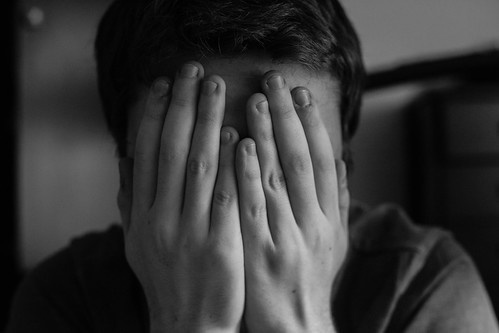

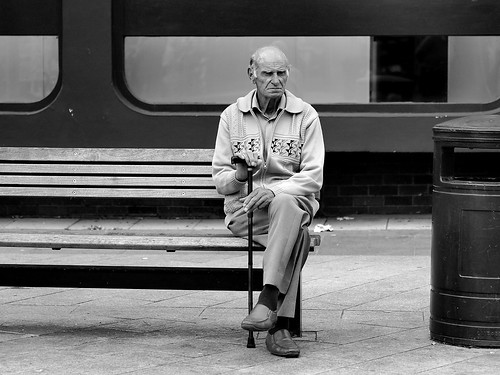








 Clumsy Unicorn
Clumsy Unicorn 




 #PeoplesVote (@JoanneOcean)
#PeoplesVote (@JoanneOcean) 